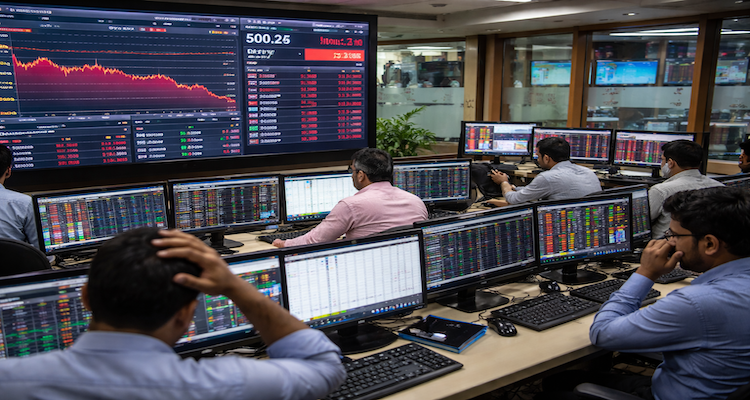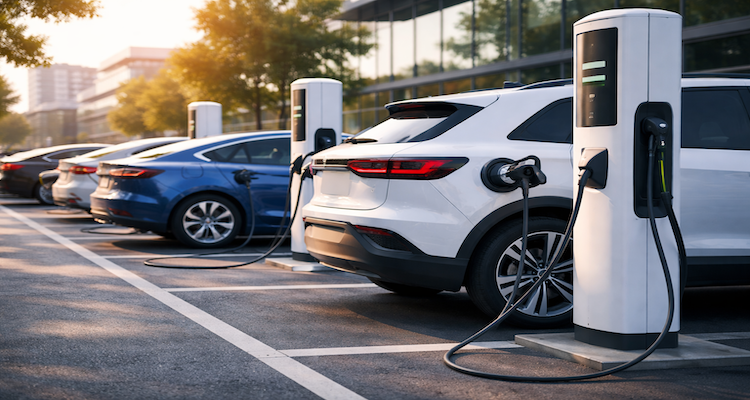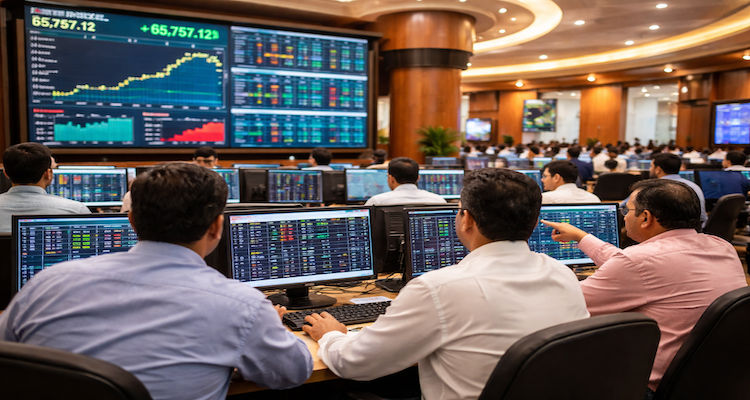Top 10 Tech Trends That Are Defining 2025

From AI-powered everything to sustainable computing, here are the top 10 tech trends that are shaping innovation, industry, and daily life in 2025.
Introduction: A Year of Technological Turning Points
If 2024 was about adaptation, 2025 is about acceleration. This year marks a watershed moment in how technology integrates with our lives—from how we work and travel to how we think and connect. The world is witnessing a rapid convergence of artificial intelligence, quantum computing, biotech, and sustainable innovation. These aren’t just futuristic ideas anymore—they’re shaping industries and transforming human experience right now.
Context & Background: The Road to 2025
Over the last decade, exponential advancements in digital infrastructure, AI, and data analytics laid the groundwork for a revolution. Then came the pandemic, geopolitical realignments, and climate urgency—each acting as a catalyst. The push for smarter automation, greener solutions, and more resilient tech ecosystems has led to the emergence of defining trends that are no longer niche—they’re now global priorities.
1. AI Everywhere: From Assistants to Architects
Artificial Intelligence in 2025 is no longer a background technology—it’s embedded in everything from home appliances to corporate decision-making. Generative AI tools are designing products, writing code, drafting legal contracts, and even creating synthetic drugs. Industries that once hesitated to adopt AI now rely on it for survival.
Expert Insight:
“AI is now the operating system of modern business,” says Dr. Leila Aram, Chief AI Strategist at Cognix. “Companies that fail to integrate AI in core operations are simply not competitive.”
2. Quantum Computing Hits the Mainstream
2025 is the year quantum computing breaks out of the lab. Tech giants like IBM and Google have made quantum processors available to enterprises for optimization problems in logistics, finance, and drug discovery. Startups are leveraging quantum algorithms to speed up AI training, enabling faster innovation cycles.
Impact:
Fields like climate modeling, cryptography, and battery development are undergoing massive transformation, thanks to quantum’s unmatched processing power.
3. Personalized Healthcare Through Genomic Tech
Biotech and AI now work hand-in-hand to deliver hyper-personalized medicine. With rapid DNA sequencing and predictive modeling, doctors in 2025 can prescribe treatments tailored to your genes, microbiome, and even your digital health records. Wearables track vitals in real time, and AI-powered diagnostics flag anomalies before symptoms appear.
4. Sustainable Tech and Green Computing
Sustainability is no longer optional—it’s business-critical. Cloud providers now offer carbon-aware data routing, and semiconductors are being built with biodegradable materials. The circular economy is expanding into electronics, with modular gadgets designed for longevity and recyclability.
Public Reaction:
“I want to know the carbon cost of my tech choices,” says Marissa Lee, a sustainability consultant in Seattle. “Consumers in 2025 are not passive—they demand accountability.”
5. The Rise of Spatial Computing and Mixed Reality
Forget flat screens. With Apple’s Vision Pro leading the charge, spatial computing is redefining human-device interaction. In 2025, office meetings happen in immersive AR environments, educational institutions teach via 3D visualization, and architects walk through buildings before they’re built—all in real time.
6. Cybersecurity Gets Autonomous
As cyber threats evolve, so must defenses. AI-driven security platforms now detect and neutralize threats autonomously, often before human analysts even notice. Self-healing networks and blockchain-integrated authentication systems are setting new standards for digital safety in a hyperconnected world.
7. Edge AI and 6G Connectivity
Edge computing is exploding thanks to ultra-low latency 6G rollouts in pilot cities. AI models now run directly on smartphones, cars, and IoT devices without needing cloud access, enabling faster decisions and better privacy. In agriculture, drones analyze crop health in real time. In factories, robots self-optimize operations on the fly.
8. Decentralized Finance 2.0 (DeFi Goes Regulated)
The crypto crash of 2022 may be history, but blockchain didn’t die—it evolved. In 2025, regulated DeFi platforms are merging the speed of decentralized tech with the safety of financial oversight. Central banks are piloting digital currencies, and smart contracts now handle everything from loans to insurance.
9. Neural Interfaces and Brain-Computer Integration
Once the domain of sci-fi, brain-computer interfaces (BCIs) are making real-world strides. Elon Musk’s Neuralink and other firms are testing implants that allow users to control devices with thought alone. In medical settings, BCIs are helping restore movement in paralysis patients and improving mental health diagnostics.
10. Robotics Goes Personal
Forget factory floors—robots are coming home. In 2025, humanoid robots serve as eldercare companions, personal assistants, and even tutors for children. Advances in natural language processing and mobility have enabled machines to integrate into everyday social settings with surprising ease.
The Big Picture: Why It All Matters
These trends aren’t isolated—they’re interconnected. AI needs quantum speed; sustainability demands edge efficiency; spatial computing thrives on 6G bandwidth. Together, they are reshaping economies, redefining productivity, and redrawing ethical lines. Governments, educators, and businesses must evolve in sync—or risk being left behind.
Analyst Note:
“Tech in 2025 is less about gadgets and more about systems thinking,” says Mark Zhu, Global Tech Analyst at KPMG. “It’s about integrating intelligence into the fabric of our societies.”
Conclusion: A Future Already in Motion
2025 isn’t just another milestone—it’s a signal flare for what’s to come. The technologies driving today’s disruption are laying the groundwork for the next industrial revolution. As innovation accelerates, the challenge isn’t just keeping up—it’s leading responsibly.
Disclaimer: This article is for informational purposes only and reflects the technological developments and expert insights available as of 2025. Always consult official sources and professional analysis when making decisions based on emerging technologies.










